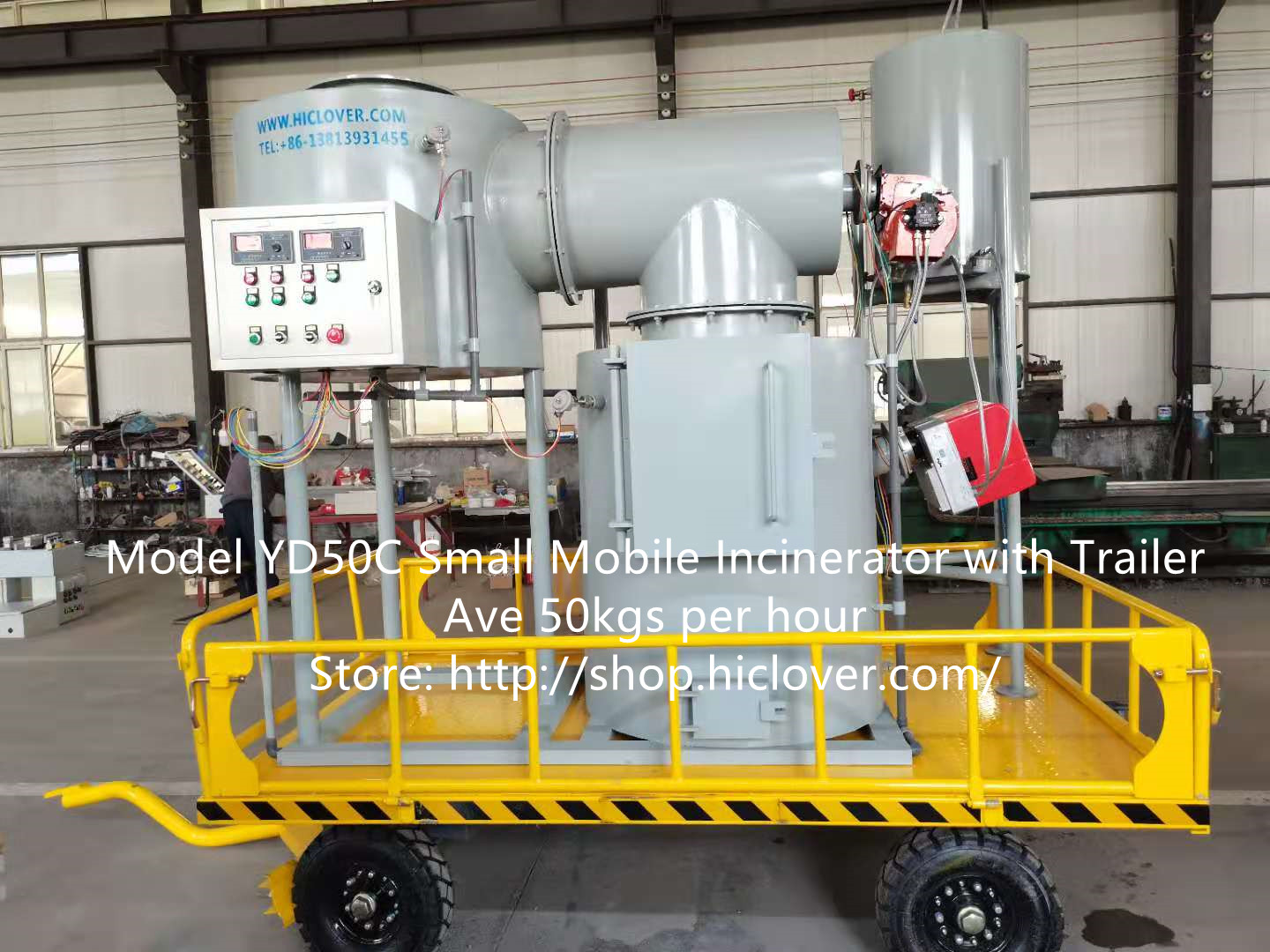Kenya, like many developing countries, has been facing a growing waste management problem in recent years. With a rapidly increasing population and urbanization, the amount of waste being generated is reaching staggering levels. The challenge of managing this waste is further compounded by the lack of proper infrastructure and resources for waste disposal and treatment. However, incinerator technology is proving to be a game-changer in Kenya’s waste management efforts.
Incinerator technology involves the burning of solid waste at high temperatures, reducing the volume and mass of the waste and converting it into ash, gas, and heat. This process not only helps in reducing the amount of waste that needs to be disposed of in landfills but also provides an environmentally friendly way of managing waste.
One of the key advantages of incinerator technology is its ability to reduce the volume of waste significantly. This is particularly important in Kenya, where land for waste disposal is becoming increasingly scarce. By reducing the volume of waste, incinerators help in extending the lifespan of existing landfills and reducing the need for new ones, easing the burden on the environment.
Moreover, incinerator technology also helps in reducing the environmental and health risks associated with traditional waste disposal methods. When waste is burned at high temperatures, harmful pathogens and toxins are destroyed, leading to a significant reduction in pollution and the spread of diseases. Additionally, the energy generated from the incineration process can be harnessed and used to generate electricity, making it a more sustainable and eco-friendly waste management solution.
In Kenya, incinerator technology is being embraced as a viable solution to manage the increasing amount of waste being generated. One notable example is the construction of a medical waste incinerator at the Kenyatta National Hospital in Nairobi. This incinerator is specifically designed to handle medical waste, including hazardous materials, ensuring the safe and proper disposal of this type of waste.
Furthermore, the government of Kenya has been actively promoting the adoption of incinerator technology as part of its effort to improve waste management in the country. In 2017, the Ministry of Environment and Natural Resources announced plans to establish waste-to-energy incineration plants in major cities, with the aim of reducing the environmental impact of waste disposal and generating clean energy.
It is important to note, however, that incinerator technology is not without its challenges. There are concerns about air pollution and emissions from the incineration process, and it is essential for incinerators to be equipped with proper emission control systems to mitigate these risks. Additionally, there is a need for proper training and regulation to ensure that incinerators are operated and maintained safely and effectively.
Despite these challenges, incinerator technology is proving to be a game-changer in Kenya’s waste management efforts. By reducing the volume of waste, minimizing environmental and health risks, and generating clean energy, incinerators are making a significant difference in the way waste is managed in the country. With continued investment and support, incinerator technology has the potential to revolutionize waste management in Kenya and contribute to a cleaner and more sustainable environment for future generations.



